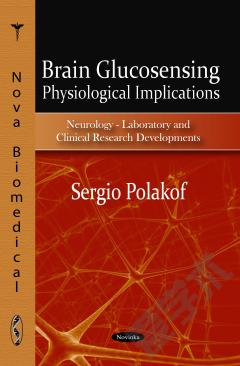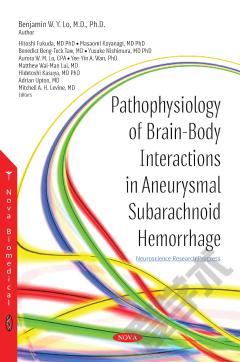Brain Glucosensing: Physiological ImplicationsRUSH
Glucose is an integral part of whole-body energy homeostasis and is tightly regulated by numerous endocrine, neuronal and behavioral systems, which ensure that glucose levels in the blood are maintained within a narrow physiological range. The body continuously adapts its metabolism to keep blood glucose concentrations at a constant value. Glucose homeostasis in man and most other studied mammals is maintained by feedback designed to keep the blood glucose levels close to a set point characteristic for each species. Key to this homeostatic control is the existence of sensors located in different parts of the body that continuously monitor blood glucose variations. They respond to changes in glycemia by triggering hormonal secretion or activation of the autonomic nervous system to control glucose uptake, utilization or production and also to control energy expenditure and food intake. This book examines brain glucosensing and its effect on the body.
{{comment.content}}








 京公网安备 11010802027623号
京公网安备 11010802027623号